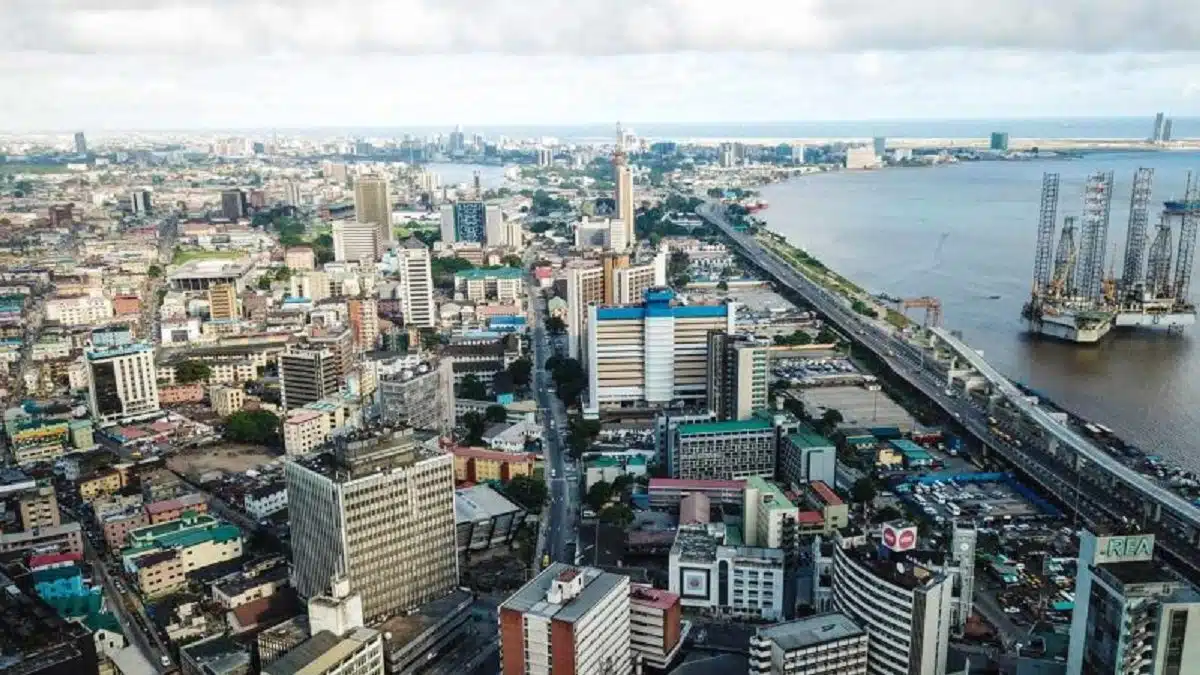Nigeria’s private sector activity weakened in September 2025, slipping to a three-month low despite easing cost pressures that offered some relief to businesses, the latest Stanbic IBTC Bank PMI report showed on Thursday.
The headline PMI fell to 53.4 in September from 54.2 in August, indicating softer improvement in business conditions. While growth moderated, it marked the tenth consecutive month above the 50-point threshold, which separates expansion from contraction.
The index, which measures private sector performance, is compiled from a survey of 400 companies in agriculture, manufacturing, services, construction, and retail. It aggregates five components: new orders (30%), output (25%), employment (20%), suppliers’ delivery times (15%), and stock of purchases (10%).
Softest rise in purchase costs in five-and-a-half years
Input cost inflation eased to its lowest level in over two-and-a-half years, with purchase prices rising at the slowest pace since March 2020. Analysts linked the moderation to relative stability in foreign-exchange rates, giving firms room to manage costs.
“Although the headline PMI eased in September, it still signalled a solid improvement in business conditions,” said Muyiwa Oni, Head of Equity Research, West Africa at Stanbic IBTC Bank. “The softer reading was due to slower increases in new orders and output, but easing inflationary pressures provided some relief.”
Data from the National Bureau of Statistics (NBS) shows headline inflation fell for a fifth consecutive month to 20.1% in August 2025, down from 21.8% in July, supported by seasonal declines in staple food prices.
Demand and output growth moderate
New orders grew at a slower pace, rising to 55.4 points in September from 58.3 in August, though expansion was recorded across all sectors — including trade, manufacturing, real estate, and construction — supported by new product launches.
Output growth also moderated but remained strong, driven by improved customer demand and better material availability that enabled firms to boost activity.
Oni added that the non-oil economy continues to underpin growth despite challenges in the business environment.
“ With easing input costs and inflationary pressures, we expect activity to remain resilient, although much depends on sustained improvements in demand,” he said.
Rate of job creation at 23-month high
Despite slower activity, businesses increased stocks of purchases to meet current and anticipated demand and to support product development. Firms also raised staffing levels at the fastest pace since October 2023.
Business confidence eased to a four-month low, weaker than the series average, but firms remained optimistic about future growth.
“Higher staffing and inventory build-up reflect broader expansion plans to support business activity in the coming year,” Oni said.
Oni added that the non-oil economy continues to underpin growth despite challenges in the business environment.
“With easing input costs and inflationary pressures, we expect activity to remain resilient, although much depends on sustained improvements in demand,” he said.









